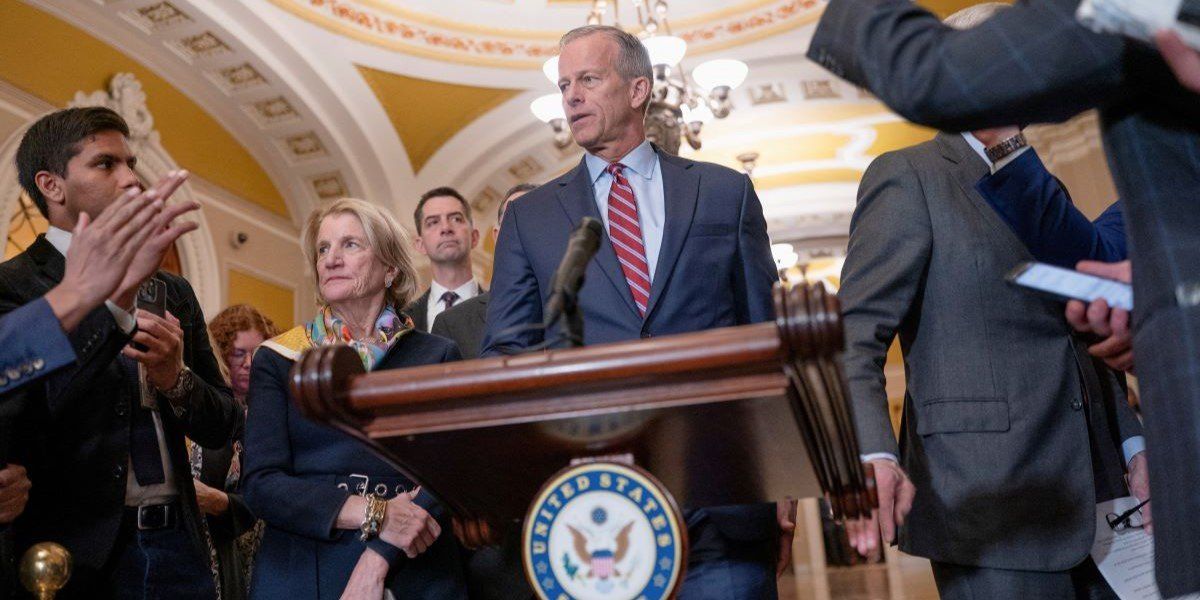House Speaker
Mike Johnson and Senate Majority Leader
John Thune will meet on Tuesday to try to bridge the massive schism between
budget reconciliation packages in the House and Senate. At stake:
Donald Trump’s policy agenda.
Wait, didn’t Congress just pass a budget? Well, kinda.Two weeks ago, Congress passed a continuing resolution, a bill to keep the government’s coffers at current levels until the end of September. But that didn’t allocate additional funds for Trump’s legislative goals – like tax cuts and increases in border and defense spending – which require Congress to pass a budget reconciliation package.
Johnson wants to pass the reconciliation before Congress leaves for Easter Break in two weeks so that he can have the bill on Trump’s desk by Memorial Day.
Key details: Budget reconciliations only require a simple majority to pass. The Republicans have that in the House and the Senate, so they don’t need Democratic votes. The Byrd Rule limits what can be in the bill to just things that affect spending, which in theory keeps reconciliation from being used as a loophole for passing nonbudgetary policies without bipartisan support. Still, parties have been known to push the envelope to get things passed that wouldn’t otherwise.
But right now, each chamber is backing very different bills. The House’s includes $1.5 trillion in spending cuts – which many in the Senate worry will affect Medicaid – and $4.5 trillion for tax cuts. Meanwhile, the Senate’s bill is far less ambitious: It calls for less spending and fewer cuts and is heavily focused on defense, allocating $325 billion in new military and border security spending.
And the debt ceiling is looming. The House’s reconciliation package would increase the debt limit by $4 trillion, meaning that Congress would also have to vote to raise the debt ceiling, something that Senate Republicans have opposed in the past but may cave on, especially if Trump starts applying pressure to get the bill over the finish line.
